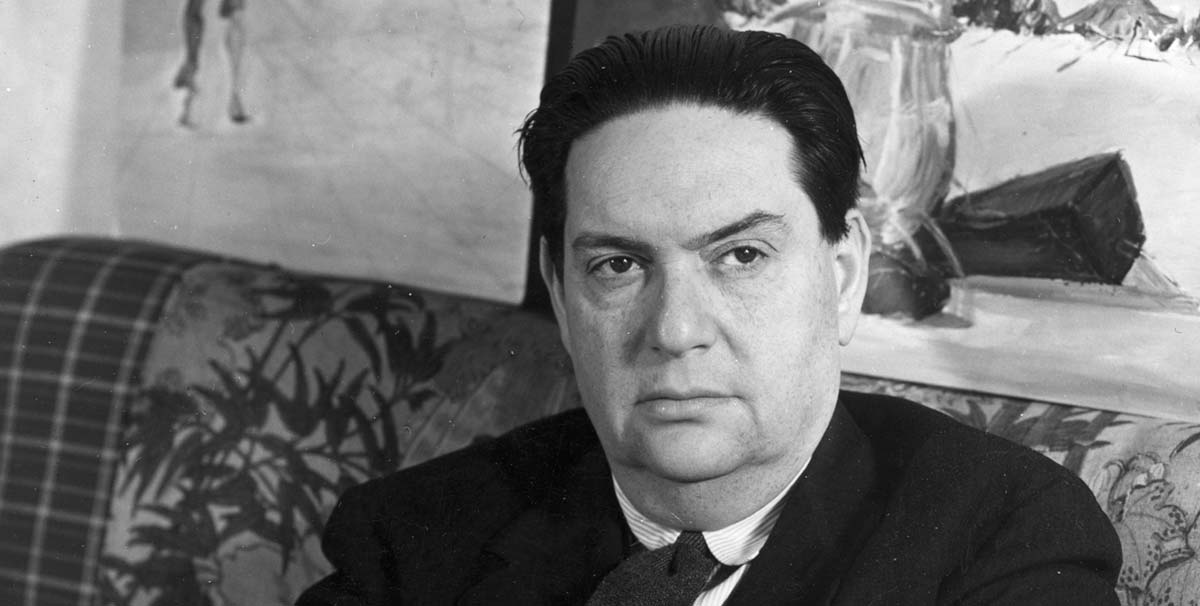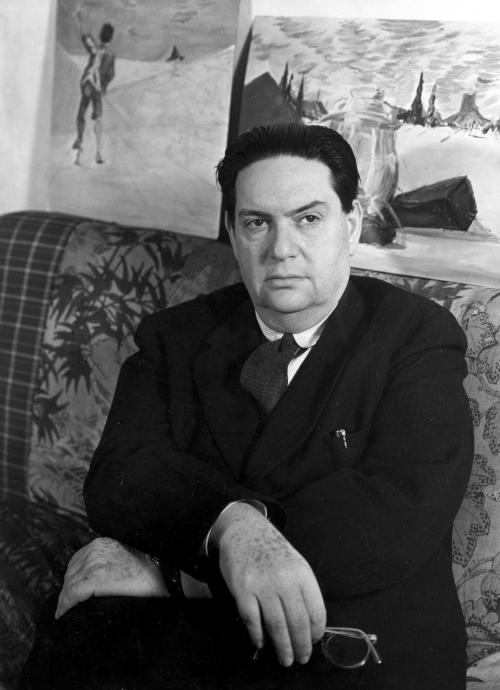Darius Milhaud, a pioneering figure in 20th-century classical music, left an indelible mark on the world with his innovative compositions and boundless creativity. Born on September 4, 1892, in Aix-en-Provence, France, Milhaud exhibited a profound musical talent from a young age. Growing up in a culturally rich environment, he was exposed to various musical influences, including the works of Debussy and Ravel, which would later shape his own musical style.
Milhaud’s formal musical education began at the Paris Conservatoire, where he studied under renowned composers such as Charles Widor and Vincent d’Indy. Despite facing opposition from some of his instructors due to his unconventional approach to composition, Milhaud remained steadfast in his pursuit of innovation.
During his early career, Milhaud became associated with a group of avant-garde artists known as “Les Six,” which included composers like Francis Poulenc and Arthur Honegger. Together, they sought to break away from the perceived constraints of traditional classical music and explore new avenues of expression.
Milhaud’s compositions are characterized by their rhythmic vitality, polytonality, and incorporation of jazz elements—a reflection of his fascination with American jazz, which he encountered during a brief stint in Brazil as a diplomat. His landmark work, “La Création du Monde” (The Creation of the World), composed in 1923, exemplifies his fusion of classical and jazz influences, cementing his reputation as a trailblazer in the realm of contemporary music.
Throughout his prolific career, Milhaud composed over 400 works spanning various genres, including symphonies, operas, chamber music, and ballets. His eclectic oeuvre reflects a deep appreciation for diverse musical traditions and a relentless spirit of experimentation.
Despite experiencing periods of adversity, including persecution during World War II due to his Jewish heritage, Milhaud remained resilient, continuing to compose and teach. In 1940, he emigrated to the United States, where he held teaching positions at prestigious institutions such as Mills College in California, influencing generations of aspiring musicians.
Milhaud’s contributions to music were widely recognized during his lifetime, earning him numerous accolades, including the French Legion of Honor and the UNESCO International Music Prize. His enduring legacy continues to inspire composers and performers around the world, ensuring that his innovative spirit lives on in the annals of musical history. Darius Milhaud passed away on June 22, 1974, leaving behind a rich tapestry of musical innovation and artistic exploration that continues to captivate audiences to this day.


Comments are closed